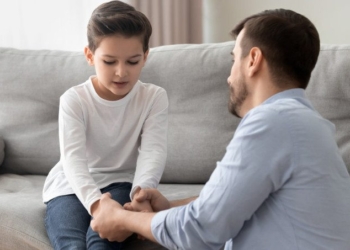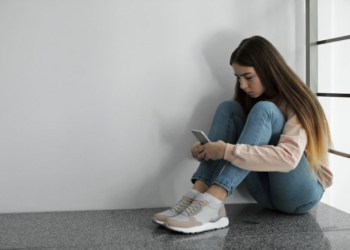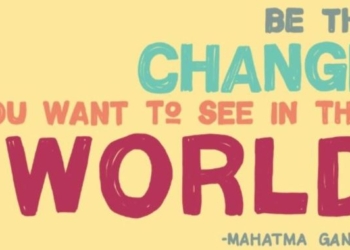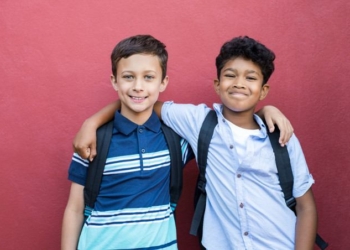Kids love to play with water whether indoors or outdoors. Fueled with curiosity, they usually find expressive ways to have fun with water.
There is a lot that can be learned from the environment, and water play should be encouraged in warm weather. Very little emphasis is placed on this form of activity due to the perceived mess that is associated with it. Careful planning, as well as the use of special equipment, water tables, will ensure that the mess is reduced to the barest minimum.
Kids tend to spend less time outdoors due to technological advances which have led to the creation of several indoor options. Water play can be a productive activity as children get to have fun while learning a lot from the free, naturally occurring element. It allows them to develop cognitive skills which will be beneficial later in life.

Here are some of the key benefits of water play that will help foster learning and mental development in children:
1) Improves Physical Skills
Children can learn to control their hands based on what their eyes see while taking part in water play. While undertaking certain physical activities like stirring, pouring, squeezing, and squirting, they develop fine and gross motor skills which will improve their overall physical performance.
Regardless of the age of your child, there is a lot that they can learn about temperatures and textures as they handle different objects. This will come in handy while performing educational activities as they master how to paint and write correctly.
2) Develops Social skills
Water play can have different effects on kids as they exhibit multiple character traits. It can be a relaxing experience as they relieve tension by expressing emotion through various actions like pounding, pouring, and scrubbing. They also improve team skills through sharing of equipment, assisting each other with certain accessories, and taking turns while performing most activities.
The experience from water play can be applied when making friends at school or other public places like recreational parks.
3) Mathematics and Creative Development
Water play makes it possible for children to examine certain phenomena closely for a better understanding of the way they work. It provides a practical approach to learning mathematics and scientific concepts.
Kids can observe the way paper or plastic behave in water and figure out from their imagination why they float and sink sometimes. By making certain important discoveries, they sharpen their problem-solving skills which can be applied in other fields of learning.
Children can also learn basic measurements in mathematics through water play. They get to identify full, half-filled, or empty containers as well as the volume or capacity of each one. You can also teach them how to count different objects in the water. This will encourage them to sample new ideas and develop solutions for certain real-life problems.
4) Language Development
Children can learn new words during water play as they interact with one another, their educators and even pets (who love water)! According to the pet experts at Totally Goldens, pets have the ability to improve child development significantly, improving verbal skills and teaching confidence and responsibility:
“It’s definitely worth getting your dog involved in your child’s water play. Animals can help socialize children and improve their verbal skills – particularly only children – who will talk to their pets like they would a human. If you don’t have a water table or water play equipment, try encouraging your child to undertake simple tasks such as filling the pet's water and food bowls. This will teach responsibility and care, as well as basic mathematical skills.”
It’s worth having conversations with your child at strategic moments during water play to help teach them new vocabulary like flow, sieve, drain, stream, moist, evaporate, and depth, among others.
Adult supervision is necessary during water play even with the use of kids water tables. The use of bottles, cups, and buckets, as well as other plastic toys, will help to spice things up. After each session, the kids may go ahead to draw and paint certain objects from their experiences for effective learning.















